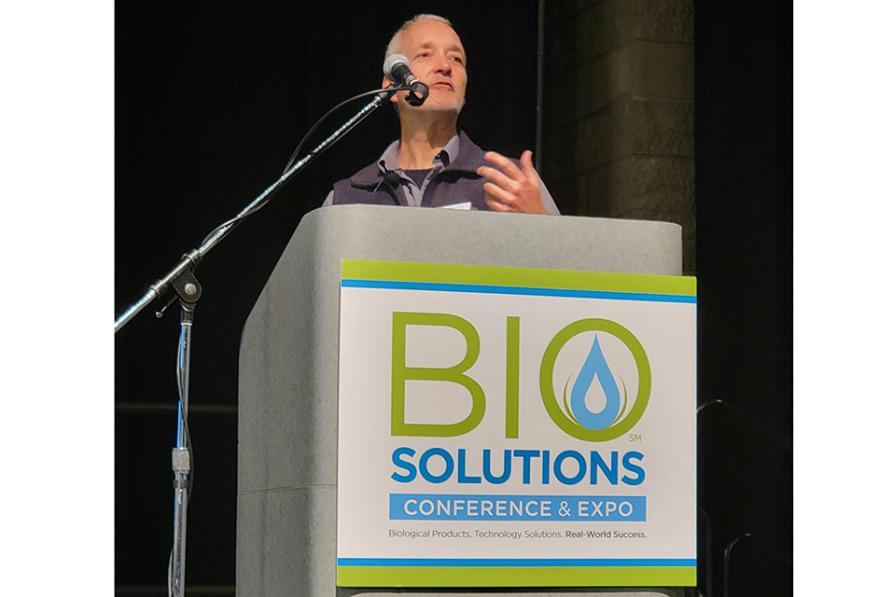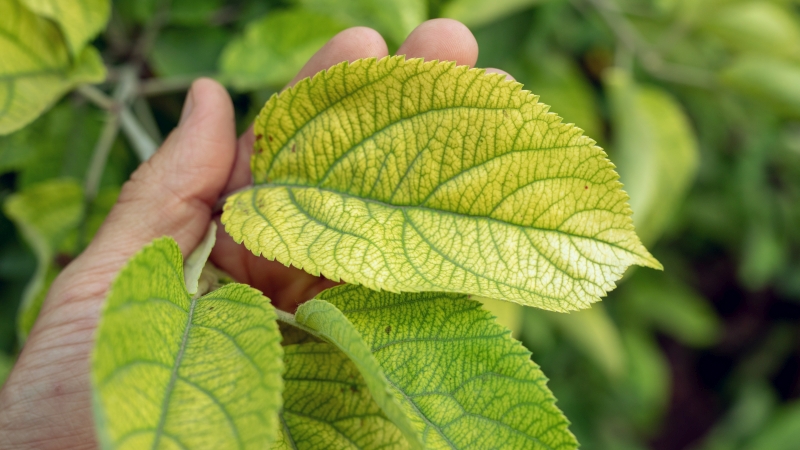New Study Proves Potential of Biochar To Boost Soil Health
An ancient soil amendment – biochar – could be a promising tool for future soil health enhancement and maintenance, according to a study by the Texas A&M Department of Horticultural Sciences.
Amit Dhingra, Ph.D., head of the department in the Texas A&M College of Agriculture and Life Sciences, led the study titled “Metatranscriptomic analysis of tomato rhizospheres reveals insight into plant-microbiome molecular response to biochar-amended organic soil” published in Frontiers in Analytical Science. The research showed biochar improved the soil microbiome and plant root interactions with a spectrum of beneficial microorganisms found there.
“This is very relevant to horticulture production here in Texas because we have 1,300 soil types,” Dhingra says. “It is proof-of-principle that shows biochar could be a valuable amendment when it comes to enhancing and managing soil health.”
Biochar’s role in soil health enhancement
Variations of biochar have been used throughout history, Dhingra says. Ancient civilizations in Brazil used pyrolyzed organic biomass to enhance soil fertility in the Amazon.
Biochar used in this study looks like fine-grained charcoal. Its highly porous, carbon-rich characteristics facilitate enhanced water and nutrient exchange and may result in decreased soil acidification when amended to the soil. It can be made from any sort of biomass, from manure to crop residue like corn stalks. In this case, Dhingra’s team used biochar derived from wheat crop residue.
Research has shown that organic soil amendments improve microbiome health, and the addition of biochar is a promising strategy for enhancing soil fertility, beneficial microbe diversity, and long-term sequestration of carbon, he adds.
The team characterized the effects of biochar-derived crop residue on tomato growth, soil microbial diversity, and rhizosphere-level gene expression responses in the organically grown fruit.
“Biochar is useful for reclamation and further evolution of a millennia-old strategy to improve soil fertility,” Dhingra says. “This study provides an effective methodology for further examination of the impact of biochar and any other soil amendments on soil and plant health, and potential uses across horticultural systems.”
Study shows enhanced beneficial microbial activity, numbers
Organic-certified wheat-based biochar amendments were applied and incorporated into sandy loam trial beds alongside control beds at a rate of 2 tons per acre. All trial beds were in certified organic soil.
Tomato transplants were placed in the biochar-amended and control beds and received organic 5-1-1 Alaska fish fertilizer once per week throughout the experiment. Rhizosphere samples were then taken at 25 days, or juvenile stage; 40 days, or vegetative growth stage; 55 days, or pre-flowering stage; and 70 days, with 75% of fruit at red ripe stage.
Dhingra says researchers concluded the soil microbiome displayed heightened functional activity in several beneficial microbes while reducing the activity of pathogenic fungi throughout the study.
The conclusions were based on the responses of plant roots and the soil microbial community profiles. Active transcripts within the communities were quantified at four plant developmental stages between emergence and mature fruit being harvested.
For more, continue reading at AgriLifeToday.tamu.com.









